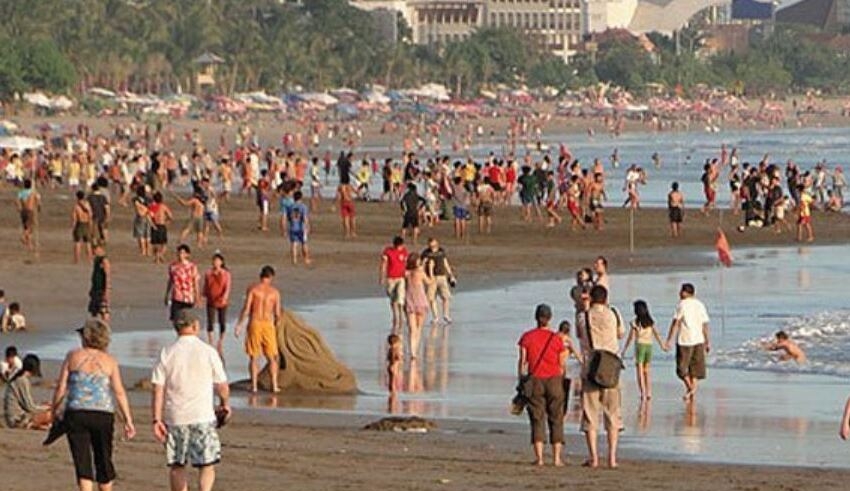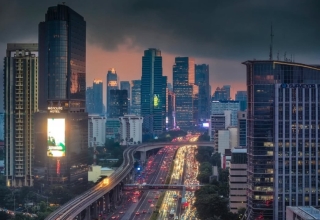
As the Covid epidemic decreases, international tourists are returning to the famous resort island of Bali, inspiring optimism that Indonesia’s devastated tourism economy is on the mend.
This week, however, contentious new rules were enacted that prohibit cohabitation and sexual activity outside of marriage. The restrictions would not only apply to citizens, but also to foreign expats and visitors in the nation, causing experts to express alarm.
Although the reforms are not anticipated to take effect for at least three years, industry insiders warn CNN that the new criminal code might discourage international tourists from visiting, harm the country’s worldwide brand, and deprive the country of important tourism income.
Putu Winastra, chairman of the country’s largest tourism group, the Association Of The Indonesian Tours And Travel Agencies, stated, “From our point of view as tourism industry players, this law will be very counterproductive for the tourism industry in Bali, particularly the chapters about sex and marriage” (ASITA).
The new rules are viewed as a response to the increasing religious conservatism in Muslim-majority Indonesia in recent years, with certain regions of the nation implementing stringent Islamic codes. As a result of Bali’s primarily Hindu population, the social atmosphere has tended to be more accommodating to Western tourists.
Keep Reading
Legislators in Indonesia have supported the new regulations, stating that they are an effort to meet “public ambition” in a varied society. Yasonna Laoly, minister of law and human rights, stated on Tuesday that it was difficult for a multicultural and multiethnic nation to create a criminal code that “accommodates all interests.”
According to Winastra, he and others were taken off guard by the new rules since they believed the administration was eager to increase the number of international tourists. “Now there will be rules and regulations that tax travelers and the industry,” he continued.
Bali saw tremendous economic instability during the Covid-19 epidemic, as did most of the world’s most popular tourist destinations.
From more than 500,000 international visitors every month to as few as 45 for the full year of 2021, arrivals plummeted.
With the epidemic on the wane, however, government and tourist sector leaders had predicted a robust recovery that might generate billions of dollars for the Indonesian economy.
The World Travel & Tourism Council, a global industry organization, predicted earlier this year that Indonesia’s travel industry would grow by 10% annually over the next decade, contributing nearly $118 billion to the country’s gross domestic product and creating more than 500,000 jobs annually for the next decade.
Local guide Ken Katut told CNN Travel that he thought the tourist business was “progressing in the right path” following the November G20 conference in Bali.
Ken said that hotels were filled with delegates, and he was “thrilled” to be busy transporting people about the island.
“The G20 was fantastic for those of us who were unemployed during the epidemic,” he remarked. It restored Bali to its former glory.

























